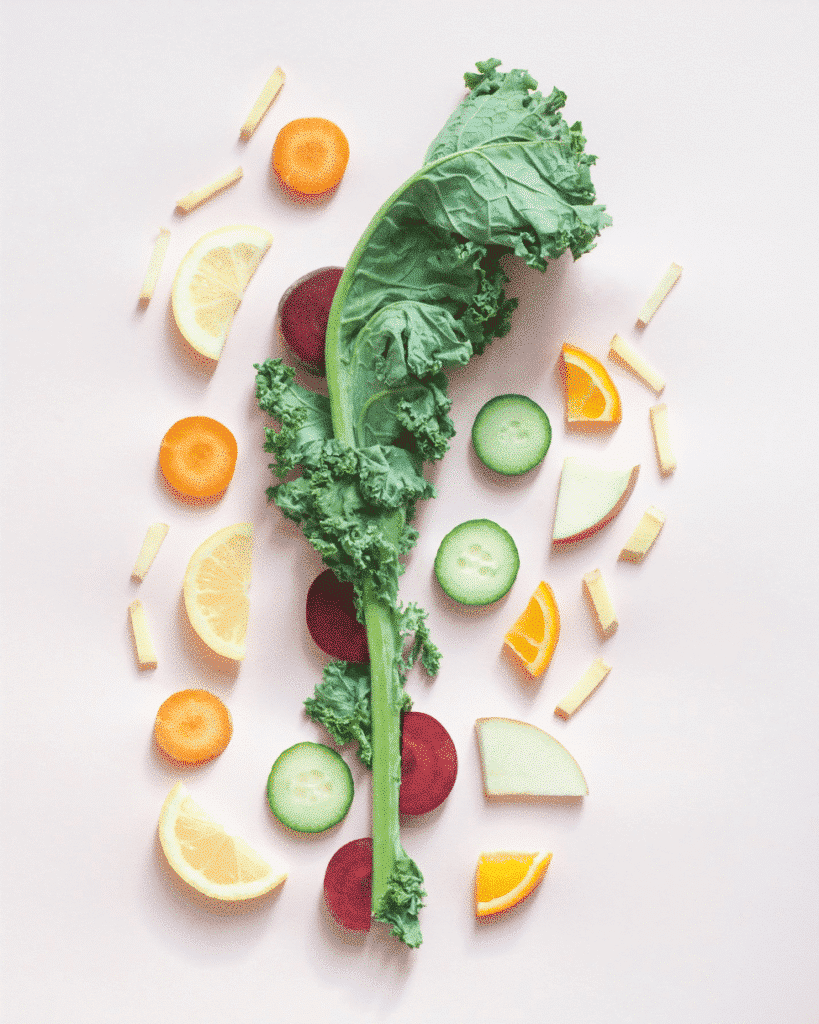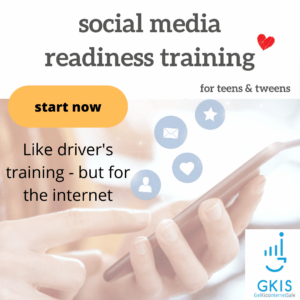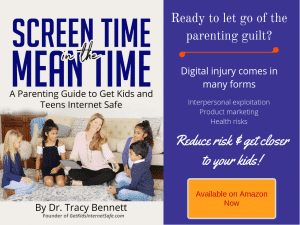At one time or another, many of us will think about becoming vegetarian. Cutting out meat, especially red meat, has environmental and nutritional benefits that have the average person considering changing their eating habits. “Going vegan,” where anything coming from an animal is removed from one’s diet, is seen as the ultimate step in curbing wasteful eating and improving health. Making the change to eat vegan can be hard. Young people look to social media, especially Instagram, for inspiration and advice on the best ways to lead a vegan lifestyle. Influencers are proposing diets that impose such high standards and strict regimens that the influencers themselves are unable to sustain them. These influencers have such a large reach, that followers often inaccurately perceive them as experts with true credibility. Should we trust Instagram influencers with dietary advice?
#Vegan
A casual Instagram search of #vegan brings up 77,937,967 posts.[1] Vegan images boast recipes meant to look and taste like delicious, non-vegan dishes like pizza, cupcakes, and brownies. This wide array of beautifully photographed options makes veganism seem desirable. However, with so many niche recipes, it can be overwhelming and confusing when selecting who really knows their stuff.

Another One Bites the Dust
Influencers are increasingly coming under scrutiny for straying from the vegan ideals that they’ve branded their image around. For instance, one notable vegan influencer lost all credibility and popularity after abandoning a dangerous “water-only” diet that lasted a whopping 35 days.[2]
Another popular vegan blogger received an outpouring of online hate after a video showed her eating fish.[3] Her supporters quickly turned against her, despite her pleas that she needed to quit being completely vegan to restore her health. In the world of vegan bloggers, there is no room for cheating. Only the most committed survive.
Where are the experts?
These influencers failed, not because being vegan is impossible, but because their fad diets were not sustainable. There’s significant danger in following diets created by somebody without expert nutritional training. Only a licensed professional can give accurate, informed nutritional advice.

Where is influencer credibility? There often isn’t any. The Internet is a buyer-beware digital marketplace. Teaching kids and teens how to assess expert credibility and defend themselves against unfair marketing techniques is crucial to good judgment and healthy eating choices.
Instagram: The Platform Your Kids Trust
Teens are genetically programmed to intensely focus on identifying and building their tribe. Looking to friends for uniquely identifying features, like dress, music, and slang is a vital part of growing up. Identification with popular food practices is often overlooked as an aspect of adolescent development.
A 2014 study explored the way peer relationships affect kids’ eating choices and attitudes toward food. When exposed to a peer they did not already know happily eating foreign food, children as young as preschool age began to show a liking for that food. This social referencing and modeling behavior can be conceptualized as children perceiving this peer as a “hero,” or someone to idolize.[4]
Instagram influencers carry this same appeal. Although strangers, they are similar enough to our kids to be perceived as peers. They carefully craft their brand to be perfectly positioned for influence, inspiration, and, ultimately, profit.

A 2019 article dubs “Dr. Instagram” a threat to millennial health, citing that 38% of millennials have greater trust in their peers when it comes to health concerns than they do for actual medical professionals.[5] This highlights a legitimate concern that our kids may be dangerously ill-informed when it comes to health decisions.
Start Talking, Stay Healthy
Everyone should have the right to make dietary choices that make them happy and healthy. If your child is curious about going vegan or already is, consider these steps to ensure they remain healthy and safe.
- Before your child is given access to the internet or social media, require that they take Social Media Readiness Training.
- Get informed about screen device parental controls and management with Screen Safety Essentials.
- Teach your child how to identify expert credibility.
- Stress that Instagram content is entertainment only.
- Help them set up a relationship with an informed adult to help them make good decisions when it comes to online influences.
- If your child is considering a radical nutritional shift, require that they see a licensed nutritionist for healthy planning.
- Encourage your child to prioritize personal health over popular fads.

I’m the mom psychologist who will help you GetKidsInternetSafe.
Onward to More Awesome Parenting,
Tracy S. Bennett, Ph.D.
Mom, Clinical Psychologist, CSUCI Adjunct Faculty
GetKidsInternetSafe.com
Works Cited
[1] https://www.instagram.com/explore/tags/vegan/?hl=en [2] Libatique, R. (2019, February 20). Ex-vegan Tim Shieff dropped by vegan clothing company ETHCS. Vegan News. Retrieved from https://vegannews.co/ [3] Horton, H. (2019, March 24). Instagram vegan diets are risking malnutrition among millennials, Harley Street nutritionists warn. The Telegraph. Retrieved from https://www.telegraph.co.uk/ [4] Houldcraft, L., Haycraft, E., & Farrow, C. (2014). Peer and friend influences on children’s eating. Social Development, 23(1), 19-40. doi: 10.1111/sode.12036 [5] Jackson Gee, T. (2019, April 7). Is Dr. Instagram ruining your health? The Telegraph. Retrieved from https://www.telegraph.co.uk/Photo Credits
Photo by Dose Juice on Unsplash
Photo by Brooke Lark on Unsplash










